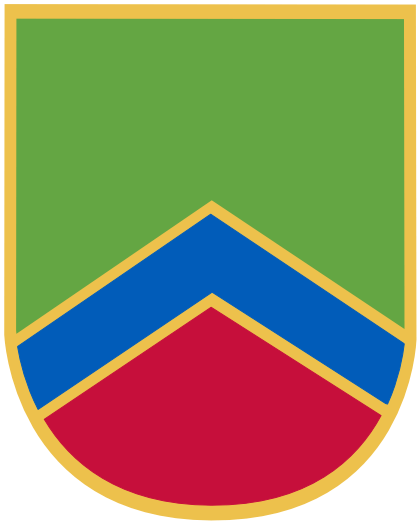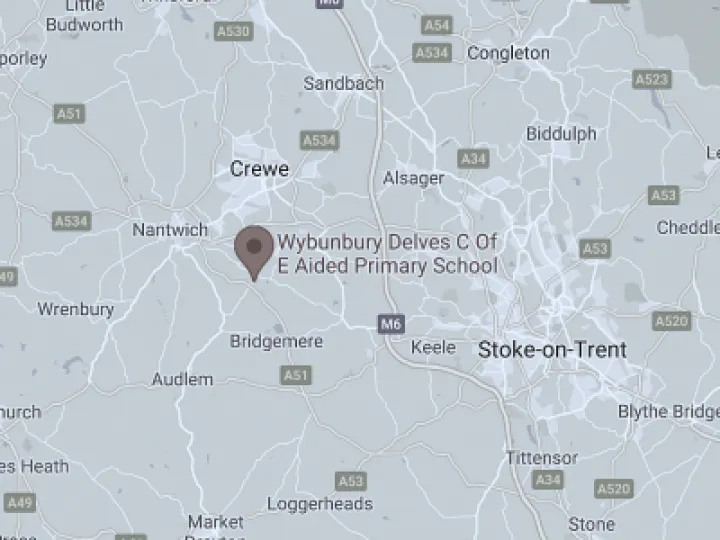Year 5 News 21.05.21
We have achieved so much in Year 5 this week. I would certainly say that our favourite activity this week must have been making our own Greek pots! We have also practised sewing for our cushions and interviewed ancient Olympic athletes.
On Monday, we finished our Fractions unit. We completed a lesson about problem solving using fractions. In our next two lessons, we completed fraction quizzes. These quizzes helped us to see what the children had learnt in fractions. We were then introduced to the new vocabulary, concepts and methods we would come across throughout this unit. In our first lesson of Decimals this week, we used place value grids, place value counters, number lines and understand the value of tenths and hundredths. The children were asked to place decimals on the number line whilst also finding their equivalent fractions. Our lesson was very hands on and interactive and the children showed great mathematical skills. In our second decimal lesson this week, we have introduced hundreds grids and have continued to use number lines and place value counters to represent our understanding of decimals. Our main focus in this lesson was using and writing hundredths within a decimal number.
In our English lessons this week, we have written our new cold write for our next unit of writing. This time, we are focusing on diary writing. In our next English lesson, we started to explore the text from which we would be writing our diary. We are going to be using our 'Who Let the Gods Out' book. In the story, Elliot – a mortal – enters Elysium. We used printed copies of the text to highlight and identify key vocabulary and phrases used to describe Elysium. The children created a spider diagram to represent what they had found. Then, the children were shown two images of what artists think The Elysium may look like. The children were asked to use these images to add more ideas and descriptive phrases to their work. In our next lesson, the children learnt the first half of our model text and used actions. In our final lesson this week, the children wrote a short burst write based on what they saw when they entered Elysium. The children were encouraged to use similes, personification, expanded noun phrases and fronted adverbials.
In our book club sessions this week, we have completed our comprehension unit on the newspaper from Space. We looked again at the newspaper report about lettuces being grown in space. In the report, we looked for examples of key words which indicated whether statements were facts or opinions. The children created a table of their findings in their reading books. We then moved on to look at the European Space Agency Children's website. We explored all things space on this website. The children were asked to consider the question 'How do the layout and interactive features encourage you to read on?' Using the iPads, the children were given time to explore the website and identify features. We then discussed how these features encouraged us to read on. There were interactive tabs, interesting pictures, bold headings and even videos. We wrote down the answers to the question in our reading comprehension books. Next, we applied what we had been learning about facts and opinions to another online newspaper article about Christina Koch setting a new record in space. The children were initially asked to explore the facts and opinions in the report and write these down in their reading books. Then, using the interactive whiteboard, we found examples of how the layout and interactive features encouraged us to read on.
We started our PE lesson this week with a game of spider-people. This involved a small group of children running around and aiming to throw webs (scrunched up bibs) at their peers to tag them. Once a child had been tagged, they had to stand with their arms outstretched and wait for a peer to run under their arm to release them. This was a great way to warm up and have some fun! In our main session, the children recapped now to use a spin bowl and cut shot. We spent some time practising our spin bowls in our own space and discussing how we could improve our skills. The children then applied what they had learnt about a cut shot and spin bowl to a game. In the game, the children were split in half and we set up two cricket pitches with wickets at each end. The children worked in pairs and rotated around being a bowlers, back stop, batter and fielder. This gave the opportunity to experience each role in a game of cricket. The children also talked about key skills to develop their game. We discussed about how best to communicate with our batters and who should decide whether to run to the other wicket. We loved applying our skills in a game.
In Geography this week we played a game to extend our knowledge to name the capital cities in Europe. Using statements about Greece, we up levelled each one to include more factual information. This allowed us to explain in more depth. Our 'my maps' of Greece have also been added to and the pins and comments we are adding include lots of great Geographical vocabulary.
In our RE lesson this week, we reflected on the question, 'Did the resurrection happen?' Using our skills from our English lessons from the last few weeks, the children were able to write a balanced argument offering both sides of people points of view. The answers that the children have written will be used to assess their understanding of the knowledge they have acquired from our resurrection unit.
This week in music we began to think about which notes to play on our glockenspiels to accompany parts of our song, 'Have You Heard The Story? We clapped and said the syllables to each word to see if that helped us with our rhythms. As a class, we came up with lots of different ideas and there will be more to be shared next week when we continue with this task.
Wow! You all amazed me in our DT lesson this week. After designing our cushion last week, we spent time practising the three stitches that we are using as part of our design; running, cross and back stitch. You were given pieces of binka and asked to practise both running and cross stitch that we learnt last year. We then recapped how to cast off from our sewing in order to move on to another stitch. Using the screen in our classroom, I was then able to show the children how to create the back stitch. Once the children had practised on binka, they moved on to practise on material swatches.
In our computing lesson this week, we have again, recapped how to log on to the google drive and save their own copy of an excel spreadsheet. We then discussed how we could arrange our data in alphabetical order. Building on our knowledge from last week, we looked again at how to input formulas into a spreadsheet to find the total. The children were able to recall how to do this perfectly. Once we had used formulas to find total amounts, we then learnt how to find the average of an amount. The children were then able to use these in their pairs to complete their spreadsheets.
We have learnt more about the Ancient Greek olympics in our history lesson this week. We recapped the Greek Olympic sports we had learnt about in our previous lesson and discussed how we use pottery to find out about the Olympics. We then used a fantastic Ted Ed video to learn more about the Ancient Olympics. We learnt that they were held every four years and part of the Greek calendar and these were called Olympiads. The children were then given an envelope with information in regarding a famous Olympic competitor. In pairs, the children were asked to create a script to interview their Olympic athlete. These will be performed in our next lesson.
In our French lesson, we recapped the words for the months of the year. We then moved on to learn how to say our birthdays. The children were firstly asked to listened to audio and listen to which month each persons birthday was in. The children also learnt how they could ask someone when there birthday was and how they could respond.
In our Art lesson this week, we made our own Greek pottery! Using clay, the children were shown how to use two different techniques to make their pots. The children were shown the pinch pot technique. This required the children to start with their clay in a ball and then put a hole into it using their thumb and twisted and pulled the clay to make the correct shape. The children were then showed and tried the coil technique. This involved the children making rolls of clay and wrapping them onto a base of clay to build up the sides. The children then had to use their fingers to smooth the clay. Once the children had practised both techniques, they were able to choose the method which they preferred.
I hope you have all had a lovely weekend and are ready for our learning this week.
Miss Welch
Quick Links
Contact Us
office@wybunburydelves.co.uk
01270 841302
Wybunbury Delves
Bridge Street
Wybunbury
Nantwich
CW5 7NE

